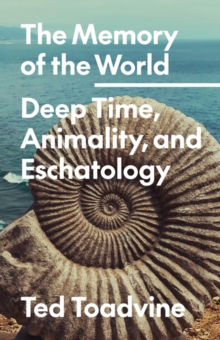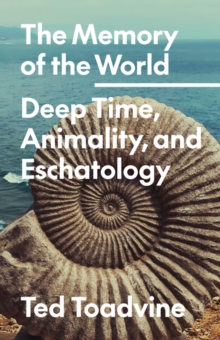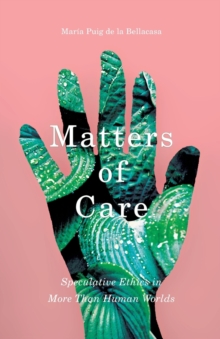
Alien Phenomenology, or What It’s Like to Be a Thing Paperback / softback
by Ian Bogost
Part of the Posthumanities series
Paperback / softback
Description
Humanity has sat at the center of philosophical thinking for too long.
The recent advent of environmental philosophy and posthuman studies has widened our scope of inquiry to include ecosystems, animals, and artificial intelligence.
Yet the vast majority of the stuff in our universe, and even in our lives, remains beyond serious philosophical concern.
In Alien Phenomenology, or What It’s Like to Be a Thing, Ian Bogost develops an object-oriented ontology that puts things at the center of being—a philosophy in which nothing exists any more or less than anything else, in which humans are elements but not the sole or even primary elements of philosophical interest. And unlike experimental phenomenology or the philosophy of technology, Bogost’s alien phenomenology takes for granted that all beings interact with and perceive one another.
This experience, however, withdraws from human comprehension and becomes accessible only through a speculative philosophy based on metaphor. Providing a new approach for understanding the experience of things as things, Bogost also calls on philosophers to rethink their craft.
Drawing on his own background as a videogame designer, Bogost encourages professional thinkers to become makers as well, engineers who construct things as much as they think and write about them.
Information
-
Only a few left - usually despatched within 24 hours
- Format:Paperback / softback
- Pages:168 pages
- Publisher:University of Minnesota Press
- Publication Date:19/03/2012
- Category:
- ISBN:9780816678983
£16.99
£16.25
Information
-
Only a few left - usually despatched within 24 hours
- Format:Paperback / softback
- Pages:168 pages
- Publisher:University of Minnesota Press
- Publication Date:19/03/2012
- Category:
- ISBN:9780816678983










